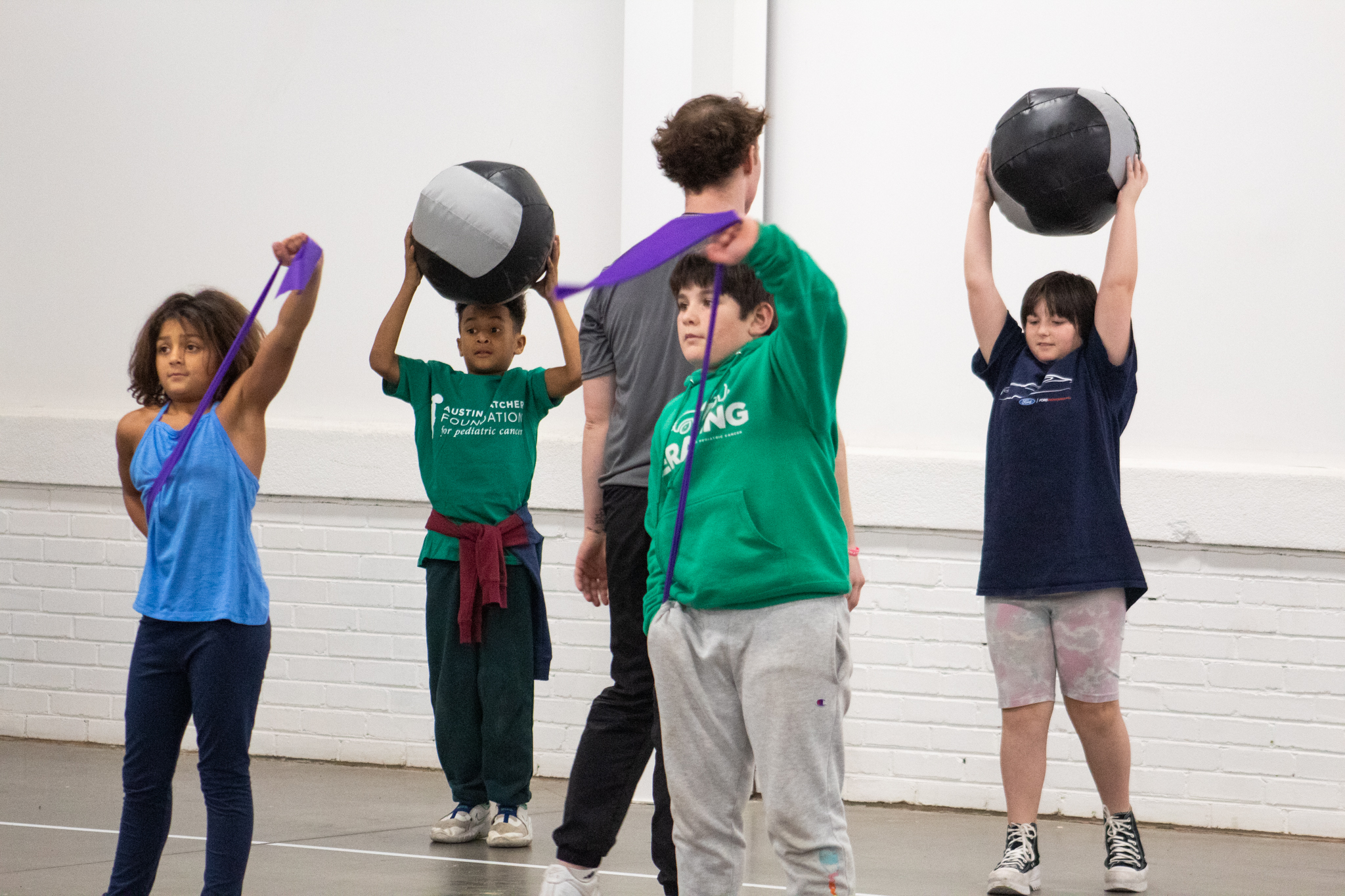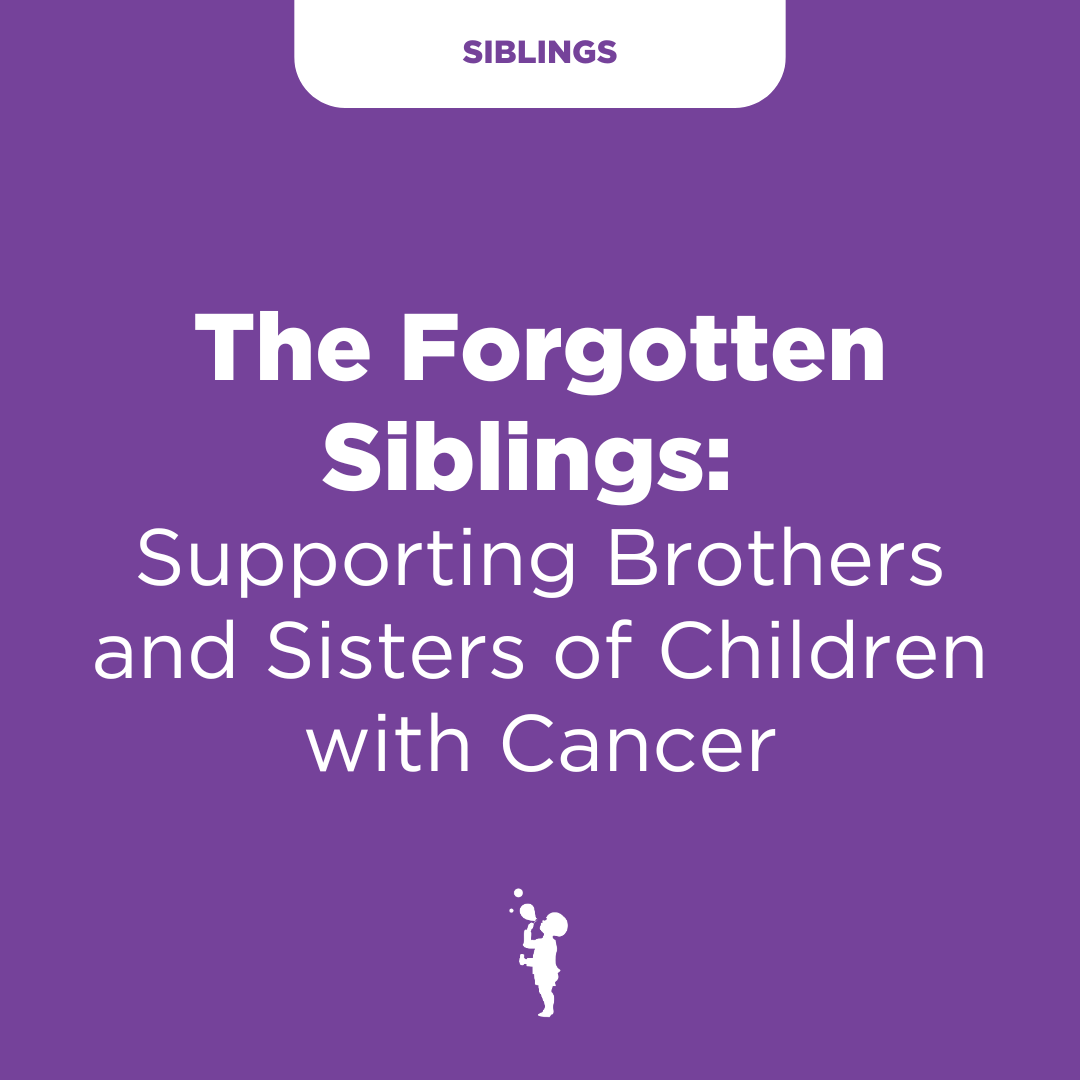Fitness for Childhood Cancer Patients
How to stay physically active during and after childhood cancer chemotherapy treatments! We have put together this blog as a resource for families affected by childhood cancer.

Words to know:
Exercise- Planned, structured, and repetitive and intentional movement
Physical Fitness- A state of health; your ability to perform exercise, sports, daily activities, and anything that requires physical movement.
Physical Activity- Any movement that requires energy.
- Get Clearance from your Child's Oncologist: It is essential to speak with your child’s doctor before engaging in physical activity during and after treatment. Every child responds to treatment differently and there may be times when they need to rest.
- Decide what Activities Sound Fun: There are so many options! Hiking, yoga, jump rope, walking, dancing, basketball, swimming, cycling, playing in the park, throwing frisbee, and many more. Find something you and your child enjoy doing.
- Be Active Most Days of the Week: CDC recommends that children be physically active for 60 minutes or more daily. If this is not possible, try being active for 20 to 30 minutes at a time. Build a routine each day with your child that includes physical activity.
- Rest When Appropriate: Physical activity is important, but so is rest. Make sure you and your child are resting when necessary. After a tough round of chemo, you both may need a day off to rest.
- Have Fun: Exercise and physical activity can be more than just running or lifting weights; they can also be opportunities to make fun memories with your child. Challenge your child to help you try new activities that he or she enjoys doing. Make a playful bet: whoever wins the “game” gets to choose what’s for dinner!
For more information email info@hatcherfoundation.org
At the Austin Hatcher Foundation for Pediatric Cancer, we provide 100%-FREE mental and behavioral health services to not only the diagnosed child, but their parents and siblings too. This includes counseling, therapy, family programs, neurocognitive testing, grief groups, occupational therapy and more.
Reference: Fitness in Childhood Cancer Patients: How to Stay Physically Active During and After Treatment



.png)


.png)